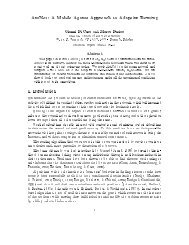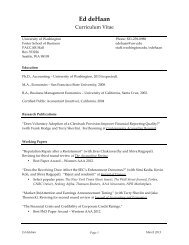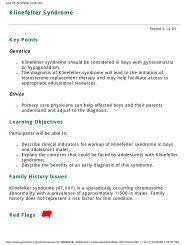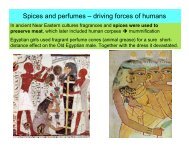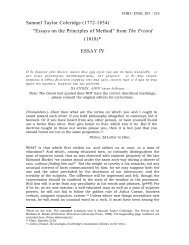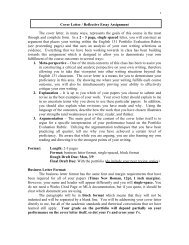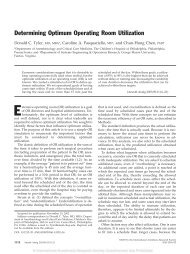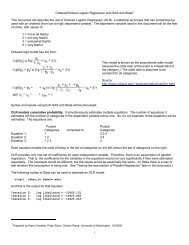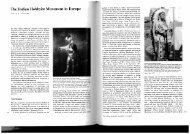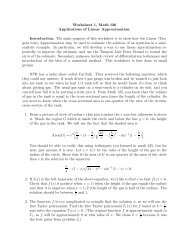The Lasting Presence of Gerard's Herball
The Lasting Presence of Gerard's Herball
The Lasting Presence of Gerard's Herball
You also want an ePaper? Increase the reach of your titles
YUMPU automatically turns print PDFs into web optimized ePapers that Google loves.
like. Wright (1935) notes that in the late 16 th and early 17 th centuries, popular<br />
consciousness valued information for increasing knowledge, “however curious and<br />
heterogeneous” that information might be (p.562).<br />
For example, the works <strong>of</strong> Nicholas Culpeper in the mid 17 th century were intended to<br />
satisfy the public’s desire for information. Culpeper spent his life translating medical<br />
texts from Latin into English. He states that his Pharmacoepia Londinensis (1649)<br />
“’tends towards the furtherance <strong>of</strong> a Commonwealth and the pulling down a monopoly’”<br />
(Hill, 1975, p.164). Culpeper’s Herbal <strong>of</strong> 1652 was published in at least thirteen<br />
additional editions or translations; the last English edition was printed in 1820 (Rohde,<br />
1971, p.215). His work is a manifestation <strong>of</strong> the belief that the works <strong>of</strong> scholars should<br />
be made available to all, especially as concerned their practical application.<br />
Wallace Notestein (1954) provides a description <strong>of</strong> English country people by<br />
consulting public records, the journals <strong>of</strong> local societies, letters, diaries, and other<br />
primary source material. Hard working, self-sufficient people populate his rural villages<br />
and the countryside. Women did most <strong>of</strong> the gardening (including raising herbs), and<br />
these women used medicinal herbs for members <strong>of</strong> the community as well as for<br />
themselves and their families. A doctor’s fee might be one-third the yearly wage for a<br />
laborer. Not only were doctors expensive; they had poor reputations. Many people<br />
believed that doctors knew little about disease and even less about remedies:<br />
…the less affluent in towns and the yeomen in the country would hesitate to spend<br />
so much unless in a great emergency. <strong>The</strong>y were the more reluctant when they<br />
had been told by neighbors that the apothecary had a wonderful remedy. A<br />
knowing woman in the next village was reported to have been successful with an<br />
13



